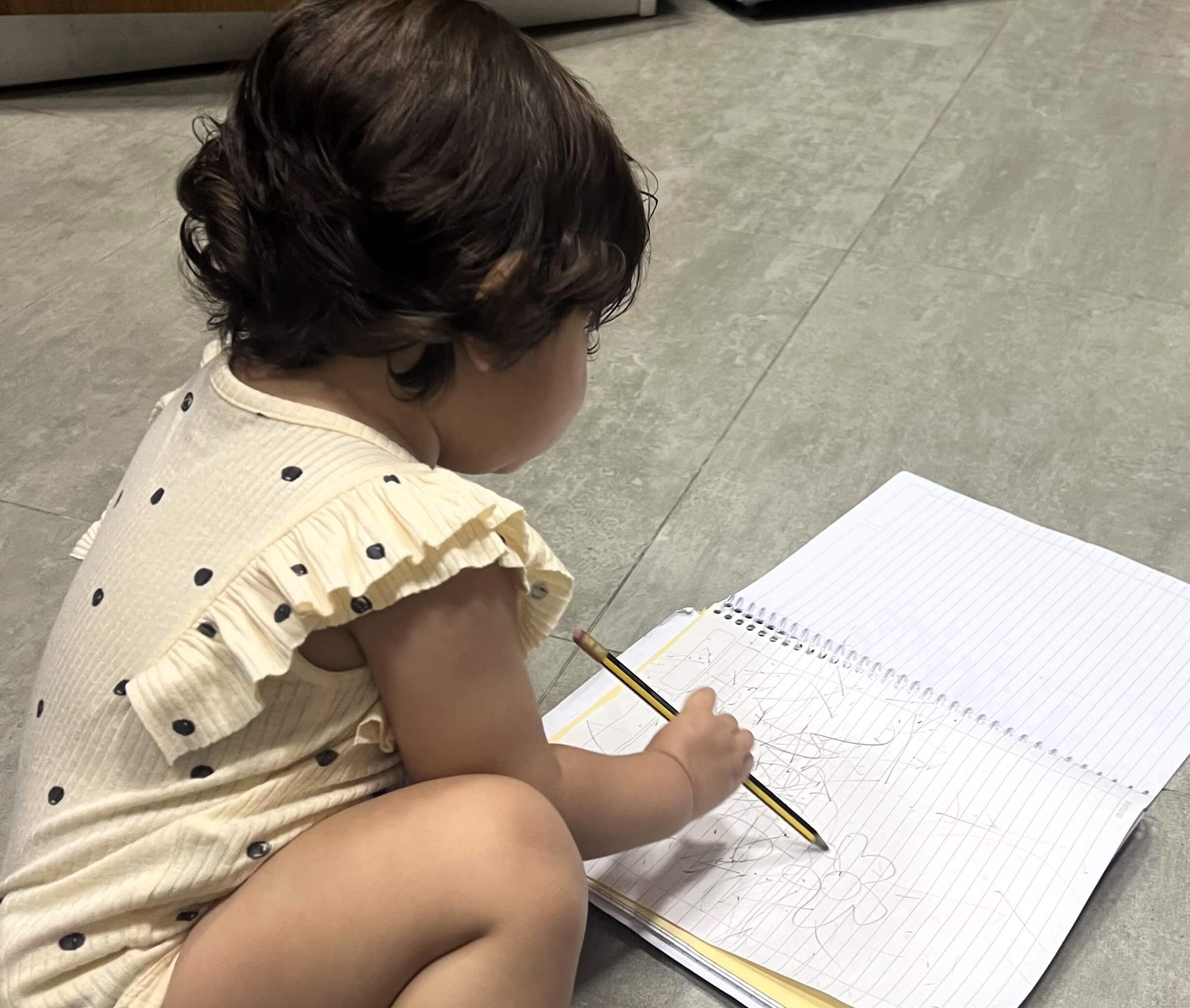You’re Not Overreacting — Something Is Asking to Be Understood
When emotions feel too big to manage — or too distant to reach — it can be hard to know where to begin. Maybe you’ve been told you’re “too sensitive,” “too angry,” or “too withdrawn.” Maybe a child or partner’s behavior has shifted in ways that don’t make sense. Emotional and behavioral assessments offer a compassionate space to pause and ask: What’s underneath this?
At MapleTree Psychotherapy Center in Dubai, our assessments don’t reduce you to a score or a label. We help you explore what your inner responses are trying to communicate — especially when they’ve been misunderstood, dismissed, or overwhelming.

What We Explore Through Emotional & Behavioral Assessment
This process isn’t about judgment. It’s about understanding the signals your mind and body are sending — sometimes loudly, sometimes in silence.
We explore:
- Emotional responses that feel unpredictable, disproportionate, or hard to regulate
- Persistent low mood, irritability, anxiety, or emotional numbness
- Behavioral shifts that impact work, school, or relationships
- Patterns of withdrawal, avoidance, impulsivity, or aggression
- The emotional toll of masking, perfectionism, or people-pleasing
- How early experiences or trauma may be shaping present behaviors
We also work gently with family members who feel concerned — offering insight without shame, and guidance without blame.
Our Assessment Approach
Each assessment is handled with care, contextual understanding, and emotional pacing.
Our approach may include:
- Guided thematic exploration, using evidence-based tools such as the psychodiagnostics chart, Core Conflictual Relationships Theme, biopsychosocial formulation, behavior chain analysis, ACT Hexaflex, emotional schemes, and adult attachment interview
- Standardized instruments, such as the BASC, CORE-10PAI, MMPI, MCMI, or mood inventories (when clinically appropriate), used with sensitivity and consent
- Projective testing, such as the Rorscach Inkblot Test and Thematic Appreception Test, to explore unconscious thoughts, emotions, and personality traits
- Collaborative interpretation, ensuring assessments feel like conversations, not conclusions
We always consider cultural context, language, and identity — especially in a diverse, high-pressure environment like Dubai.
Who Emotional & Behavioral Assessments Support
These assessments may support:
- Individuals navigating intense emotional experiences or behavioral struggles
- Adolescents with changing moods, impulsive actions, or school difficulties
- Parents seeking to better understand a child’s needs without pathologizing them
- Adults questioning whether emotional patterns may reflect anxiety, depression, or trauma
- People in Dubai managing emotional concerns across cross-cultural or multilingual dynamics
Sessions are provided in English. Translation services may be arranged as per need and availability.
You Don’t Have to Feel Out of Control to Deserve Support
When emotions or behaviors feel “off,” it doesn’t mean something is wrong with you. It means something inside may need attention, care, or context.




